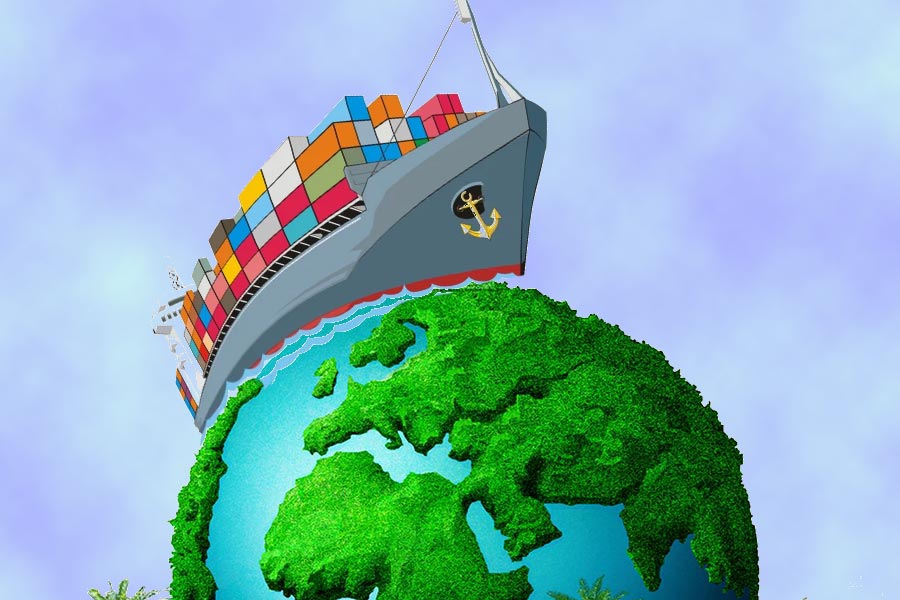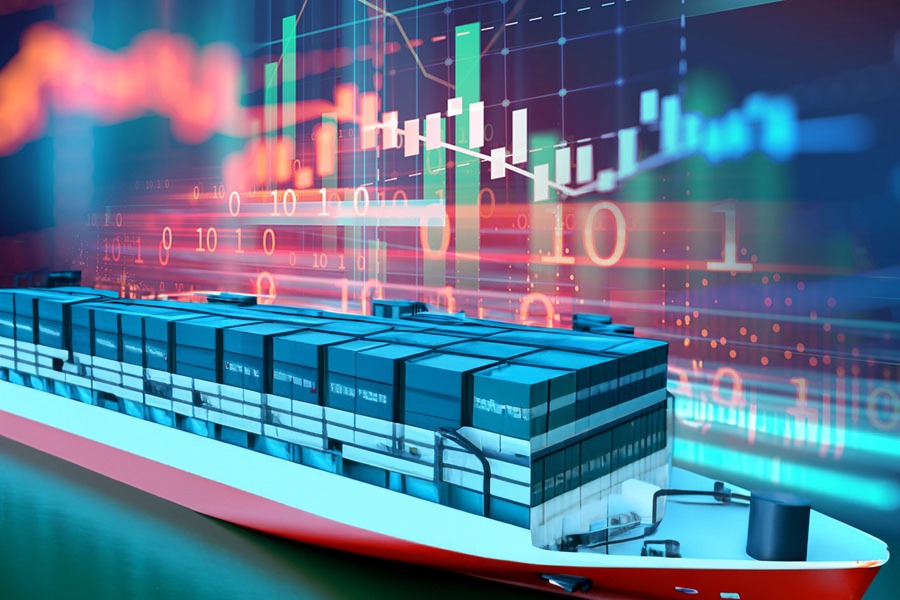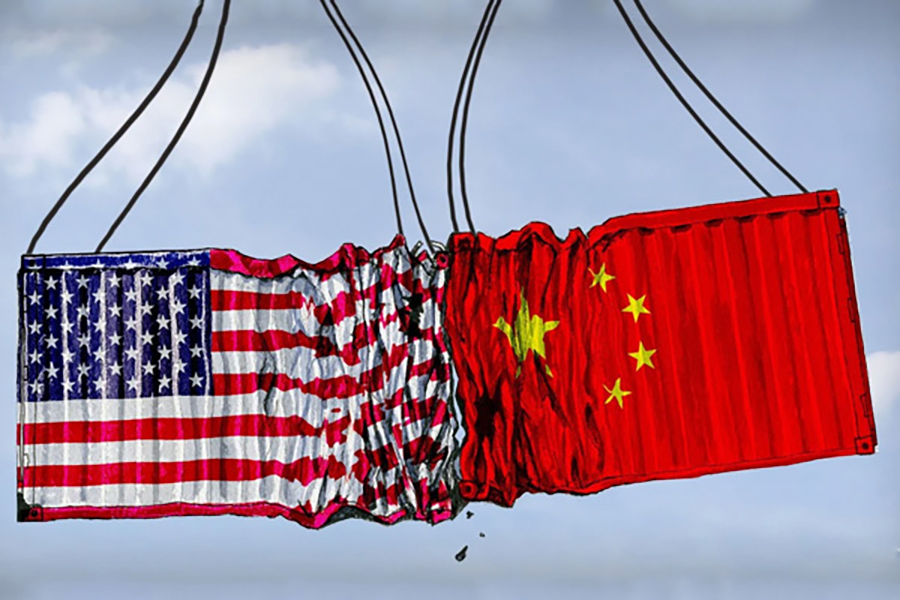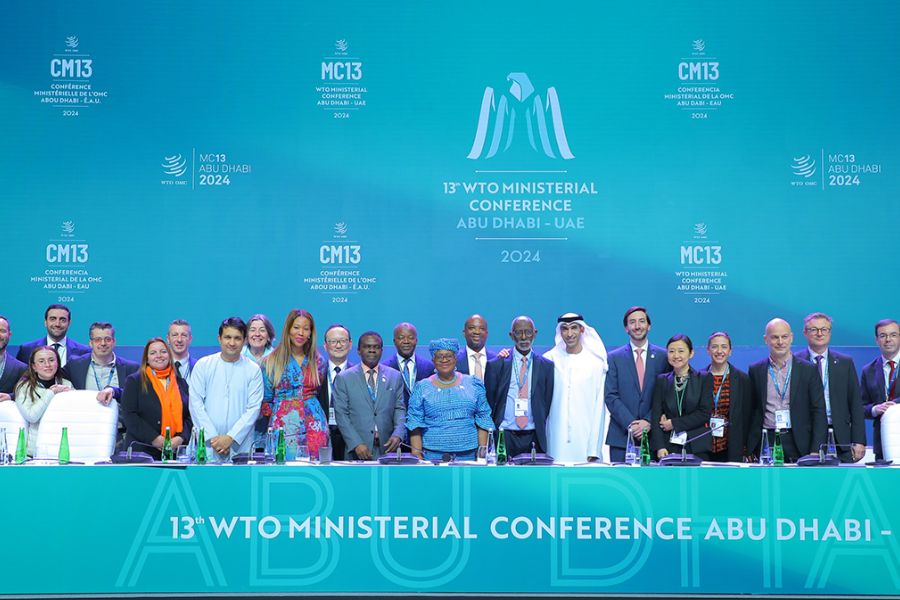Impact of European Union’s ESG Regulations on Indian Exports
With growing prominence of ESG regulations, companies will have to ensure that its business partners institute human rights, environmental and good governance policies in line with its compliance of due diligence. Indian exporters must keep a close eye on the emerging landscape of EU’s legislations in matters of safety & sustainability as these the most advanced and evolutionary in the world.
- The urgency to deal with global events like climate change has propelled many national & regional regulatory bodies including India’s SEBI to examine ESG-related issues including regulation and supervision.
- The new measures for ESG disclosures and likely forthcoming mandatory human rights, environmental and governance due diligence will impact the current alignment of companies’ global supply chains as they will have to examine each link in their respective chains.
- Many legislative initiatives are also in the EU pipeline to ensure effective protection of human rights and the environment, involving potential further obligations for companies as well as their supply chains.
- India, which is set to resume FTA talks with EU must look at this area too and ensure that favourable outcome is incorporated in the treaty talks.

Adopting Environment, Social & Governance (ESG) legislation is an important evolutionary step in economic development of the country. ESG disclosure regulation is vital for the development of the country in the modern world and allows positioning of a country in the top economies of the world.
The urgency to deal with global events like climate change has propelled many national & regional regulatory bodies including India’s SEBI to examine ESG-related issues including regulation and supervision. Many companies in the US and EU have made meaningful progress despite the Covid-19 pandemic; and now that they have integrated ESG ambitions into their missions, strategies, and operations, they are better prepared to maintain momentum and compete globally.
In this regard, the European Union (EU) has recently taken the lead in implementing ESG measures. On March 10, 2021, the European Parliament adopted a resolution calling for mandatory human rights, environmental and governance due diligence standards across the value chain for companies operating in the EU market. If implemented, it will impact Indian companies operating within or trying for a foothold in Global Value Chains. Not only they will have to clean up their house, but also look at the state of affairs within their upstream suppliers.
I have often written and spoken that Indian export stakeholders must keep a close eye at the emerging landscape of EU’s legislations in matters of safety & sustainability as these the most advanced and evolutionary in the world. The past has proven that EU standards often generate a global impact with companies incorporated outside the EU showing a strong intent in ensuring that their operations abide by EU regulatory compliance. Europe has been working for years to ensure that its rules for environmental, social and governance standards become a global benchmark.
According to www.trademap.org, exports to Europe stood at US$ 46.2 billion in 2020, a share of 16.77% of India’s merchandise exports of US$ 275.48 billion. India is also trying to cut into Chinese and Russian supply chains to this market.
The new measures for ESG disclosures and likely forthcoming mandatory human rights, environmental and governance due diligence will impact the current alignment of companies’ global supply chains as they will have to examine each link in their respective chains.
The European Commission has unveiled its proposal on a Corporate Sustainability Due Diligence Directive. The scope of the proposed Directive is far-reaching. The Commission did not only impose duties on EU companies but also on non-EU companies that operate in the EU’s internal market. The European Commission’s proposal aims to ensure that companies undertake environmental and human rights due diligence in their own operations, the operations of their group subsidiaries and their global value chains.
A company therefore will have to make all efforts within its means to ensure that its business partners (both upstream and downstream, direct and indirect) have in place human rights, environmental and good governance policies that are in line with the company’s compliance of due diligence.
Those companies which are importing from India would be impacted and they will further expect that exporting partners to incorporate these in their business plans. For example, social risks could extend to considering potential risks through not just a company’s immediate operations but also its key supply chains, requiring knowledge of where its production takes place and the makeup of its workforces and their living conditions.
For example, importing companies may demand due diligence of garment workers’ wages and other working conditions. Very recently, Shahi Exports, India’s largest garment export company agreed to pay minimum wages and arrears to its 80,000 workers after a long legal struggle. This will have ripple effect on hundreds of companies in this industry. Shahi produces for major brands such as H&M, Abercrombie & Fitch, and Nike and ESG compliance at these customers’ must have played its part in the company’s decision.
Two global brands—Gap Inc. and PVH (which owns Calvin Klein and Tommy Hilfiger)—have stepped up forthrightly in recent months, and their efforts have helped catalyze the change in the workers’ condition. This pressure from the European and US brands will continue to increase in the future. Companies must comply with increasing obligations related to ESG.
Many legislative initiatives are also in the EU pipeline to ensure effective protection of human rights and the environment, involving potential further obligations for companies as well as their supply chains. The Securities and Exchange Commission of the United States is also coming forward with its own ESG compliance rules.
The writing in on the wall is clear. Faced with an ever-changing business arena in relation to sustainability, from rapidly increasing consumer pressure to a shifting geopolitical and regulatory environment, it is key – from a commercial as well as a reputational perspective – that Indian companies act now to embed ESG into their strategies. There is an inherent danger that if companies do not react swiftly to these changes – and their competitors do – a delay could end up costing them in the long run. The new proposed plan put forward by EU lawmakers seeks to make it impossible for foreign companies to gain any competitive advantage via less rigorous ESG standards in their home countries.
New ESG legislations across countries are part of a global response to increasingly alarming reports from scientists that climate change is accelerating at a dangerous pace.
The future of exports will be more challenging as the ESG rules kick in and countries get more discerning in choice of their import sources. The price and quality factors which have been dominant in the past will now be augmented by compliance with ESG standards. India, which is set to resume FTA talks with EU must look at this area too and ensure that favourable outcome is incorporated in the treaty talks.













Leave a comment